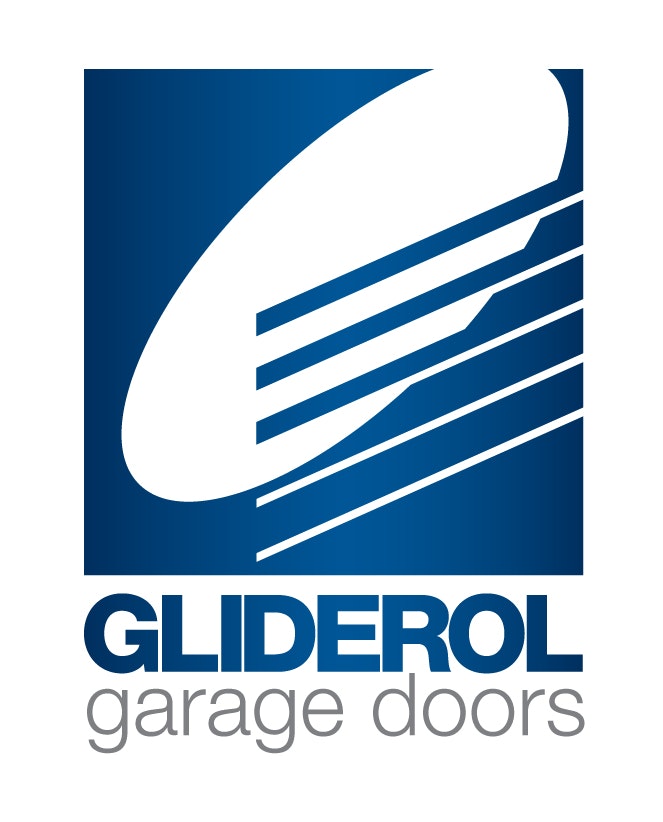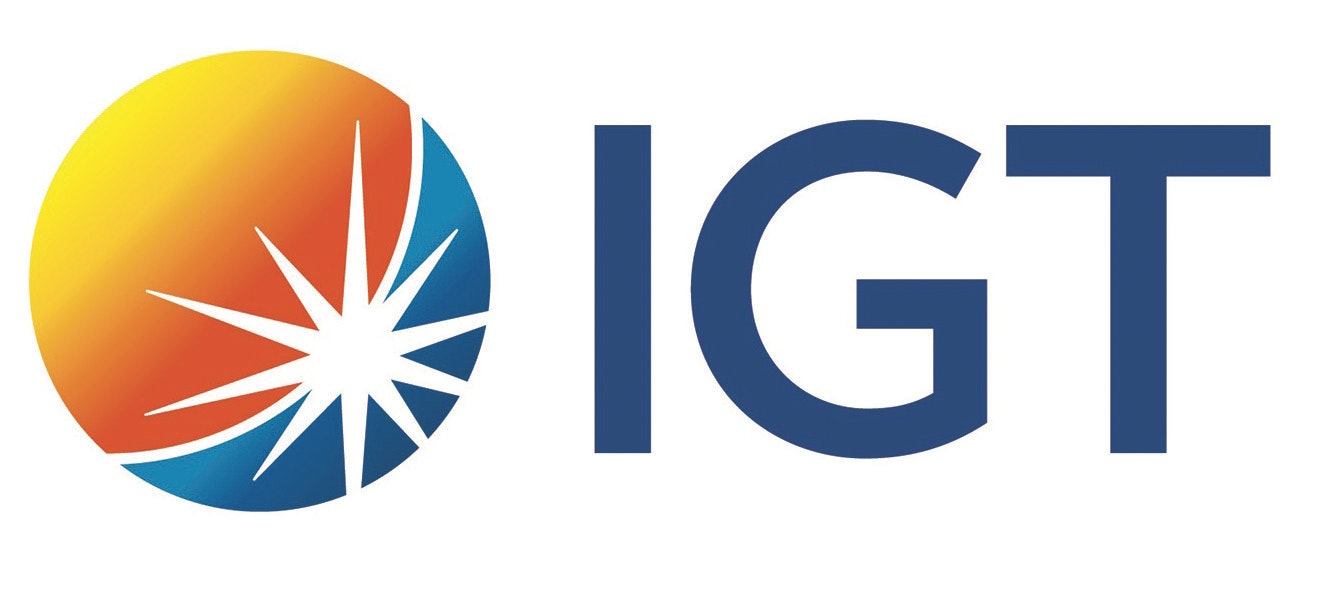
49 Goals, 49 Years Later
By DION HAYMAN
It’s 49 years since Glenelg booted exactly that many goals against a punch-drunk Central District, tattooing the league’s record books with a score never to be rivalled.
John MacFarlane has long been haunted after hitting the post on the siren with what would have been the magical 50th goal.
The Bulldogs were still in finals reckoning when they arrived at the Bay in Round 17, 1975, one win and percentage behind fifth-placed North. But, with a growing injury list, they fielded 11 players 20 or younger against the fit, experienced Tigers.
Fred Phillis said the seeds of what followed were sewn at a team meeting in the week of the game. “Kerls (coach Neil Kerley) said we had to get our percentage up,” he said. “Essentially what everyone was trying to do was have as big a win as we could. That’s what triggered it.”
Amazingly, Central took the early lead through 17-year-old Peter Beythien. The Tigers laboured through eight minutes before Peter Carey scored their first goal.
Phillis changed boots at quarter-time, ending the first term with 1.4 and two blisters. He switched to his preferred yellow slippers with immediate results adding a further 17.2 to finish with 18.6 including a staggering seven in the second term. He burned the black boots later that night.
Central’s task of stopping the tidal wave grew when full back Bill Cochrane suffered an ankle early in the second quarter. Young reserve Gary Rae was sent to stand Phillis and had 16 goals kicked on him in just under three quarters.
“I could have kicked more,” Phillis noted, “but I gave a few away and in the end I thought, you can’t be a hog.” One of those was to Kym Hodgeman in the goalsquare. “Fred gave one away to me? I don’t remember that,” Hodgeman laughed.
Glenelg full forward Fred Phillis“I could have kicked more but I gave a few away and in the end I thought, you can’t be a hog.''
Wayne Phillis knocked the stuffing out of Beythien with a brutal hip-and-shoulder and he was replaced in the second half.
Rover Greg Bennett snapped from 30 metres and everyone in the ground bar the goal umpire was convinced it was a goal. Was that the magical 50th goal that went missing? Commentator Max Hall began predicting a record score midway through the second term. Hodgeman had 17 possessions and four goals to half-time before Peter Maksimovic ended his day. “He gave me a little clip with his knee in the kidneys otherwise I would have kicked 18, we could have got 50!” Hodgeman quipped. “But I ended up in a pretty bad way.”
Daryl Rady replaced him while Phillis continued to dominate. He registered his 10th for the day 12 minutes into the second half. He slammed on three more in a withering 90 seconds that included his 100th for the season.
Milestones were falling like dominos. Next was the SANFL record score, then owned by North, which kicked 34.22 (226) against South in 1972. The crowd began to swell. The Sunday Mail reported 6960 at the game yet the telecast trumpeted 8153 during the final quarter. “I think Glenelg supporters who weren’t there and were aware something significant was happening came to the game,” said skipper Peter Marker. “Certainly visually there appeared to be quite a few more at the ground in the last quarter.”
Glenelg began the last term one point shy of the record score and couldn’t progress beyond centre for the first three minutes and 20 seconds. “I do remember there was some crowd agitation early in the last quarter. You could certainly feel it on the ground,” Marker recalled.
Paul Weston placated the masses with the record-breaking major after four minutes. It was confirmed a few minutes later by the ground announcer, by which time the Bays had kicked another two, en route to 15 for the quarter.
Marker remembered there was a determination among the group that grew with every goal. “I think the team was pretty keen to not lose the opportunity to do something special if you’ve got 25 at half-time. “I don’t think it was in the players’ or coaches’ minds to try to break records but I think what was clearly in the minds of the players was not to let the opportunity go by without doing something really memorable. And I think that momentum built during the game.”

Fred Phillis is the man with golden boots after booting 18.6 against Central District at the Bay in 1975.
That focus led to the unthinkable – the booing of club legend Peter Carey. And while his legacy in 1975 was still very much in its infancy, it didn’t stop fans from voicing their displeasure at him for missing a shot at goal from 20 metres. “I don’t remember that at all,” Carey laughed.
It prompted commentator Ian Aitken to soon predict: “Fifteen points off 300, I doubt if they’ll get it now as they’ve gone into the time-on period by two and a half minutes.” But the next five minutes produced five more goals, to Carey, Copping, Bennett, Phillis (his 18th) and Carey again with one of his trademark screw punts.
Now it was the Bulldogs being booed as defender Michael Koch had the audacity to mark at centre half-back with the Bays pushing for that 50th goal. MacFarlane actually booted the last two behinds of the day and was jeered for the first miss, a set shot from 50 metres, before that fateful final poster.
The late Harry Kernahan said in Pride of the Bay players sat around in stunned silence after the game. “They just couldn’t believe it had happened.” Nor was there a peep coming from the nearby room where the umpires collapsed after the game. “It was the most taxing game I ever umpired,” recalled field umpire Bob Scholefield. “The three of us were completely stuffed after the game, we’d done so much running back from the goals to the middle. We just sat on the floor, leaning against the wall for five minutes.”
Scholefield has no memory of who he awarded the three Magarey Medal votes to that day. Phillis was roundly named best-afield in the media but Marker, who had a staggering game-high 47 possessions, thought differently. “I thought our best player was Bob Tardif,” he recalled. “Bob’s ruckwork was clinical and it was the primary source of most of the quick and precise movements into the forward line.”
And Marker wasn’t alone, Tardif confirming coach Neil Kerley saw it similarly. “I think Kerls gave me his best player,” Tardif said. “And I didn’t very often get Kerls’ best player, I didn’t very often get anyone’s best player.” Tardif had 20 touches and seven marks along with 36 mostly pinpoint hit-outs. “We used to flick it out with an open hand rather than thump it. I’m not sure you’re allowed to do that these days.”
Glenelg was ultimately upset by Norwood in the grand final and Marker believes the Tigers may have ultimately paid a high price for their flex that record-breaking day. “Kicking 49 goals wasn’t really that helpful going into a major round. It dominated the media and probably had a negative effect on our preparation.” But he also loves the folklore surrounding the match.
“I think in some ways 49 goals has a better ring to it than 50.”

How about these numbers? The stats from The News, published the Monday after the incredible game 49 years ago.
SCOREBOARD
ROUND 17, 1975
GLENELG 12.6 25.12 34.17 49.23 (317)
CENTRAL 3.2 6.4 10.7 11.13 (79)
BEST – Glenelg: F. Phillis, Tardif, Carey, Bennett, Marker, W. Phillis, MacFarlane.
Central: Moore, M. Norsworthy, Wyley, B. Norsworthy, Kreig.
SCORERS – Glenelg: F. Phillis 18.6, Carey 8.2, Bennett 4.3, Caldwell 4.2, Hodgeman 4.1, Rebbeck 4.1, MacFarlane 2.2, Marker 1.1, Copping 1.1, Weston 1.1, Rady 1.1, Cornes 1.0, rushed 0.2.
Central: Wyley 2.4, Reed 2.1, Hughes 1.1, Beythien 1.1, M. Norsworthy 1.1, Casserley 1.0, McKay 1.0, Price 1.0, B. Norsworthy 1.0, McLay 0.2, Krieg 0.1, Moore 0.1, Lindner 0.1.
Umpire – Bob Schofield. Crowd – Officially 6960 at Glenelg Oval.

The front page of the Sunday Mail after Glenelg’s record-breaking triumph in 1975.
Related News
-
 Club News
Club NewsReeva’s Match Wrap | Semi Final
-
 Club News
Club News2025 Hostplus SANFL League Second Semi Final Preview
-
 Club News
Club NewsLuck has Lachie land at the Bay for 100 games
-
 Team Selections
Team SelectionsSemi Final Team Selections | Season 2025
-
 Club News
Club NewsGlenelg Football Club sign Kiana Lee for Season 2026
-
 Club News
Club NewsGlenelg Football Club 2025 Online Auction
-
 Club News
Club NewsReeva’s Match Wrap | Qualifying Final
-
 Club News
Club NewsA Message From The CEO






























